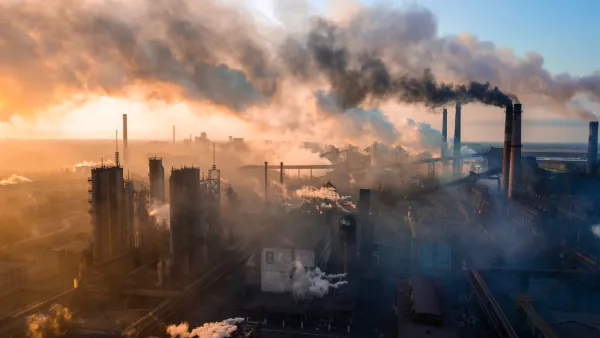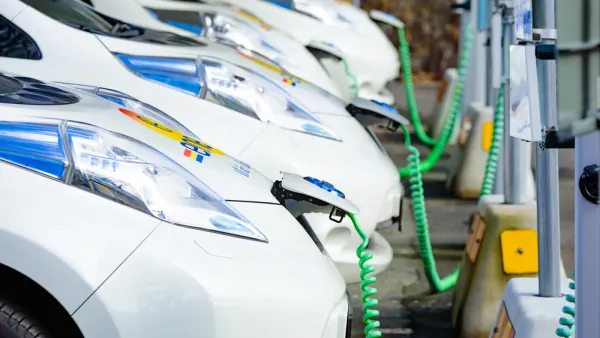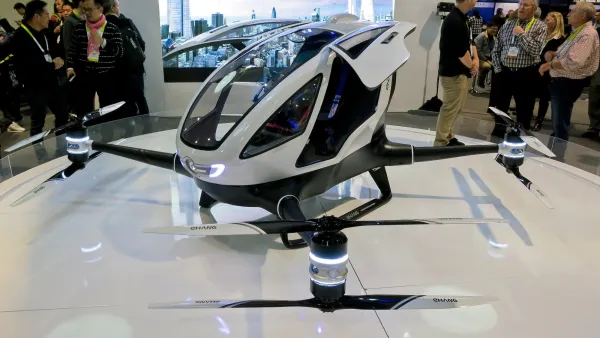The eccentric megaprojects keep coming in Dubai, leaving some to question the environmental wisdom of so much development in a notoriously water-poor desert.
"Of course, in a place like Dubai, this kind of audacious project goes relatively unnoticed, among the many others currently underway. To pick just one other example, 30,000 mature trees are scheduled to be shipped to Dubai to help landscape a new Tiger Woods-designed golf course that will be bordered by "22 palaces and 75 mansions". Even without the twin threats of climate change and a global economic recession, Dubai's grandiose plans might seem short-sighted to some. Is it really wise to be building at all, let alone on this scale, in a place that the United Nations describes as one of the most "water-imperilled" environments on the planet, but where per capita water use is three times the global average?"
"Dubai's ruling elite insists it now places "sustainability" at the heart of its plans for existing and future projects. Last year, Sheikh Mohammed bin Rashid Al Maktoum, Dubai's ruler, spelled out the "Dubai Strategic Plan 2015" in a speech. He explained that oil now contributes only 3% to Dubai's GDP and that his plan is to "sustain Dubai's environment, ensuring that it is safe and clean". Each new construction project now boasts a paragraph in its brochure about how it will "follow environmental best practice", but even if these new measures do materialise, Dubai is a place built on the ideology and convenience of cheap, free-flowing oil. Its business model, particularly its ever-expanding tourist sector, is based on the premise that people will always be willing and able to fly long distances to get there. (Some airlines now euphemistically describe Dubai as both a "long short-haul" destination and a "long-haul weekend break destination".) A new six-runway mega airport is being built to serve a predicted capacity of 120 million passengers a year."
FULL STORY: Chilling developments in Dubai

Analysis: Cybertruck Fatality Rate Far Exceeds That of Ford Pinto
The Tesla Cybertruck was recalled seven times last year.

National Parks Layoffs Will Cause Communities to Lose Billions
Thousands of essential park workers were laid off this week, just before the busy spring break season.

Retro-silient?: America’s First “Eco-burb,” The Woodlands Turns 50
A master-planned community north of Houston offers lessons on green infrastructure and resilient design, but falls short of its founder’s lofty affordability and walkability goals.

Test News Post 1
This is a summary

Analysis: Cybertruck Fatality Rate Far Exceeds That of Ford Pinto
The Tesla Cybertruck was recalled seven times last year.

Test News Headline 46
Test for the image on the front page.
Urban Design for Planners 1: Software Tools
This six-course series explores essential urban design concepts using open source software and equips planners with the tools they need to participate fully in the urban design process.
Planning for Universal Design
Learn the tools for implementing Universal Design in planning regulations.
EMC Planning Group, Inc.
Planetizen
Planetizen
Mpact (formerly Rail~Volution)
Great Falls Development Authority, Inc.
HUDs Office of Policy Development and Research
NYU Wagner Graduate School of Public Service




























